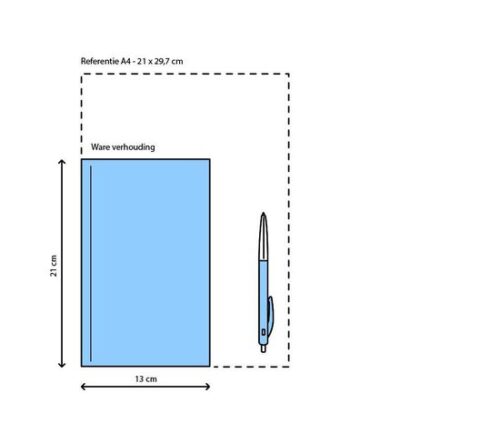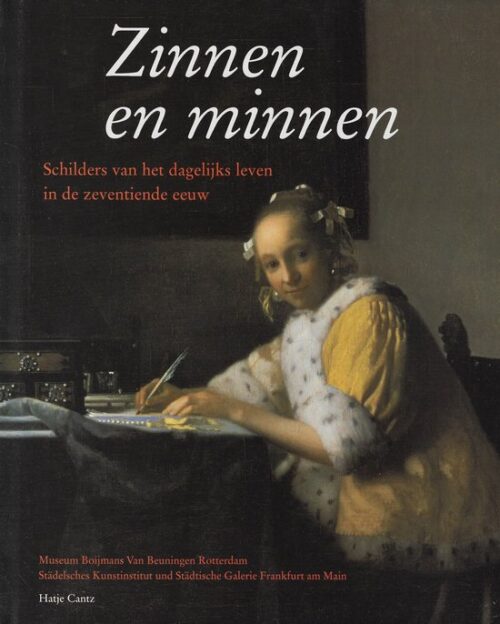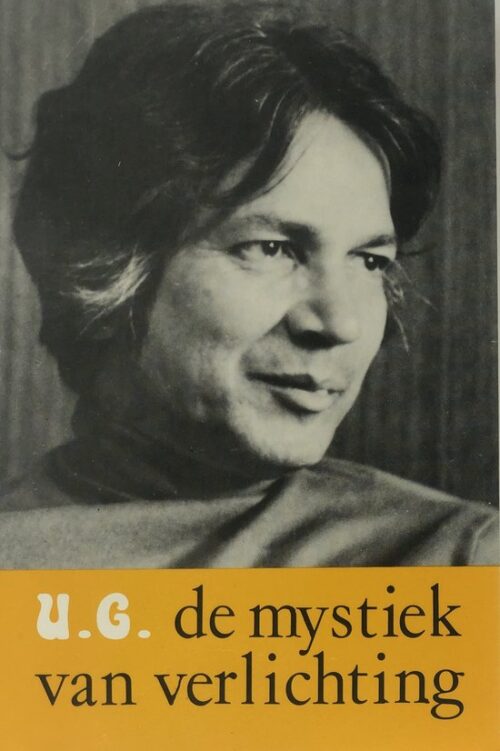Beschrijving
Young people in America today face a crisis of character. Traditional role models continue to disappoint the public, falling short of expectations and fostering cynicism rather than idealism. As a result, many young people struggle to distinguish right from wrong and seem indifferent to whether it matters.
“Offers American parents and teachers precisely what we need and so sorely lack— a moral vision of how we ought to live with one another and the heart of what ‘character education’ is meant to teach us: an ethics that is affirmed in our day-to-day engagement with our fellow human beings.”
— Robert Coles, professor of psychiatry and medical humanities, Harvard University
“A timely, well-written, immensely practical, breakthrough book that will awaken our minds and hearts and remind us of our moral obligation to our greatest resource and our future: our children.”
—Stephen R. Covey, author of The 7 Habits of Highly Effective People
“Packed with practical and inspiring wisdom about what schools, families, and young people themselves can do to build good character.”
—Thomas Lickona, director, Center for the 4th and 5th Rs (Respect and Responsibility)
“Without preaching, Ryan and Bohlin have written a book that is important, enjoyable reading for anyone concerned with contemporary education.”
—Publisher’s Weekly
“For those willing to take up the task of teaching ethics, the book provides a practical blueprint for teachers, schools, and parents.”
—Booklist
“After the book has inspired you, you can mine the appendices, which include such practical treasures as ‘One Hundred Ways to Bring Character Education to Life,’ sample lesson plans, and a list of programs and phone numbers to call when your school is in dire need of civility.”
—The American School Board Journal
Young people in America today face a crisis of character.Traditional role models continue to disappoint the public, fallingshort of expectations and fostering cynicism rather than idealism.As a result, many young people struggle to distinguish right fromwrong and seem indifferent to whether it matters. It clearlybecomes the task of parents and schools to re-engage the hearts andminds of our children in forming their own characters. In BuildingCharacter in Schools, Kevin Ryan and Karen Bohlin draw from nearlyfifty years of combined field experience to offer a practical guideto character education — designed to help children to know thegood, love the good, and do the good.
Ryan and Bohlin provide a blueprint for educators who wish totranslate a personal commitment to character education into aschoolwide vision and effort. They outline the principles andstrategies of effective character education and explain whatschools must do to teach students the habits and dispositions thatlead to responsible adulthood — from developing curriculum thatreinforces good character development to strengthening links withparents. A useful resource section includes sample lessons, programguidelines, and a parents’ list of ways to promote character intheir children.
Building Character in Schools clearly defines the responsibilitiesof adults and students in modeling and nurturing character and setsforth practical guidelines for schools seeking to becomecommunities of virtue where responsibility, hard work, honesty, andkindness are modeled, taught, expected, celebrated, and continuallypracticed.







Beoordelingen
Er zijn nog geen beoordelingen.